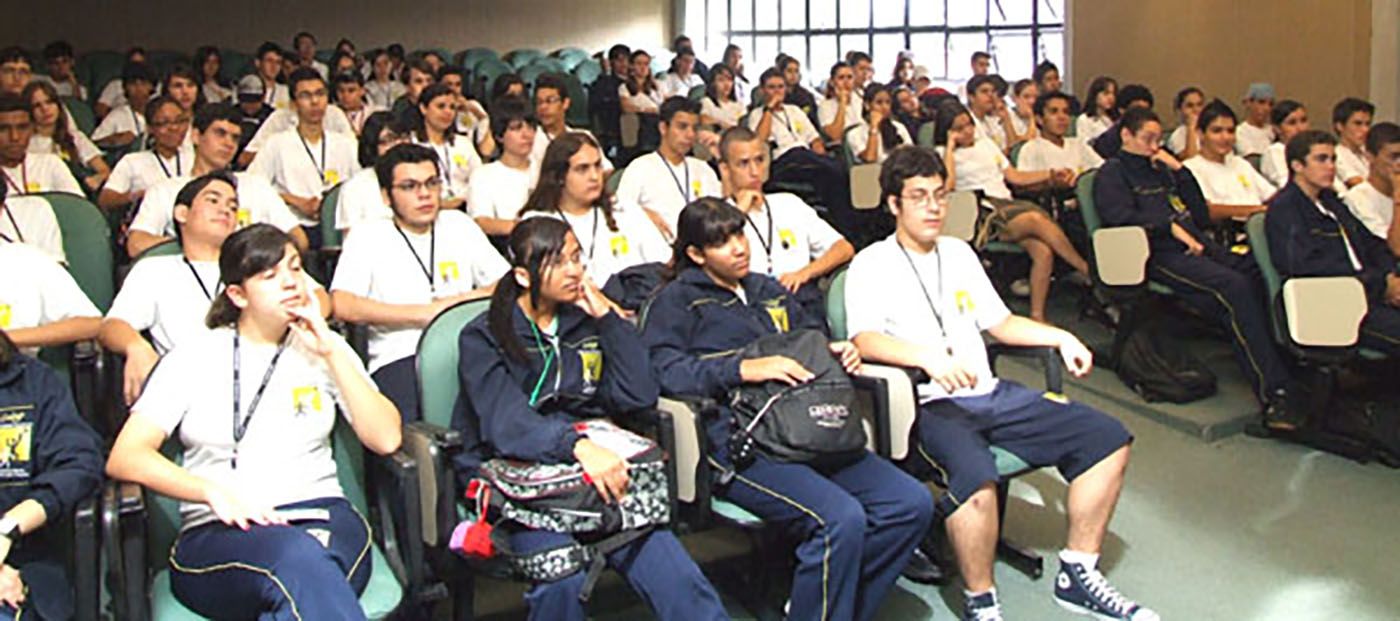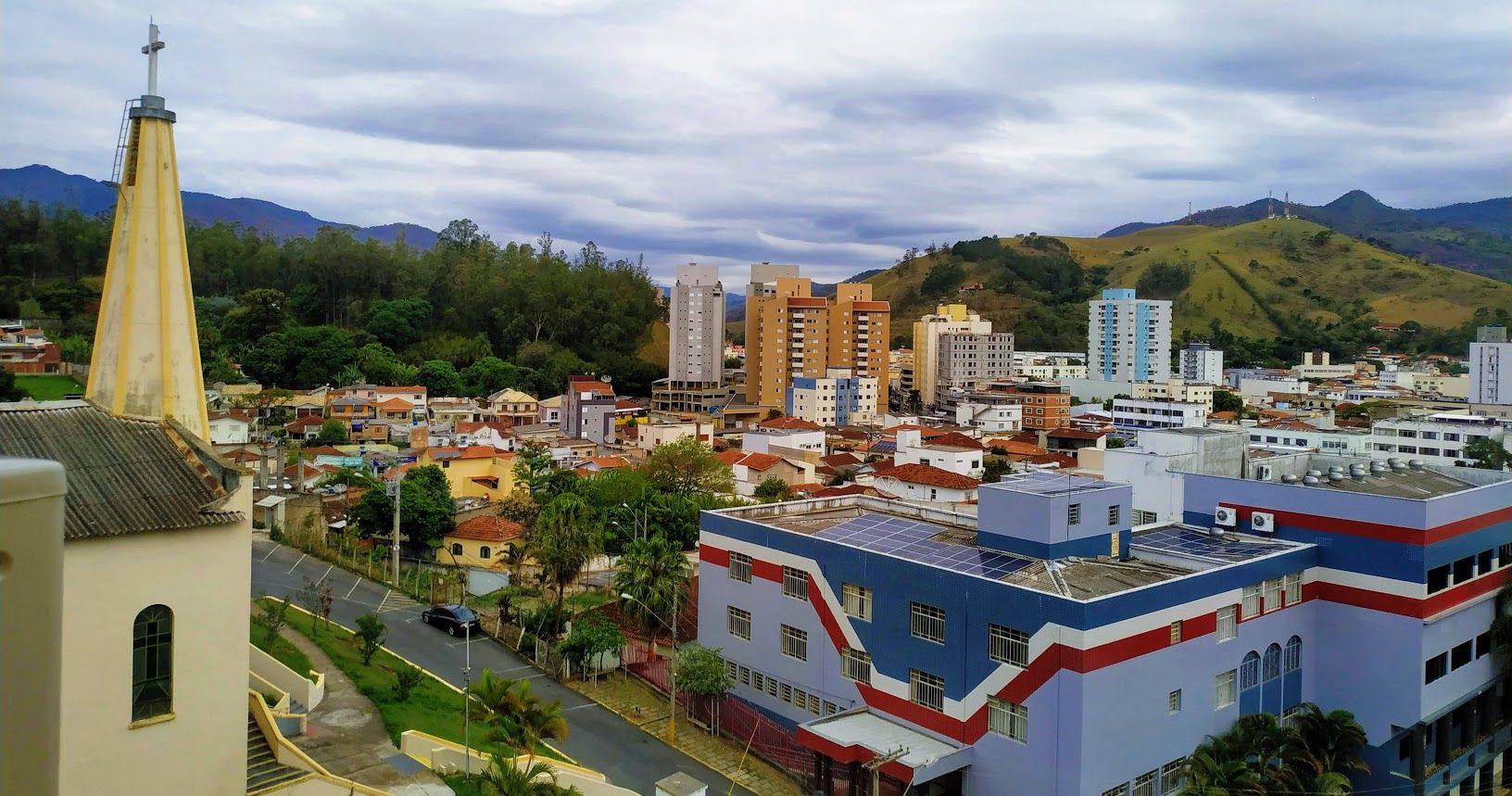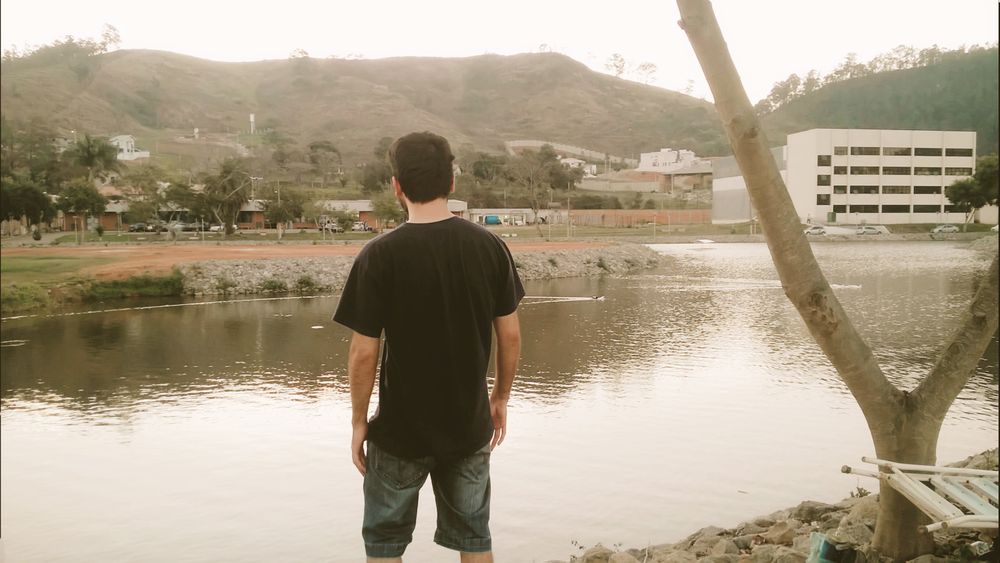About me and my career so far...
I am a Software Quality Engineer at Red Hat, on the Ansible Automation Platform. The product I'm working on empowers multiple industries, like financial, oil, logistics, and even autonomous vehicles.
I previously worked on projects for multinational companies, fintech, and banks. But everything began with an old and offline computer.
My childhood (2005-2008)
I was born in 1993 in São Paulo state in Brazil, five years before Google exists. I was a child that enjoyed biking with my few friends, playing video games, breaking my computer, and setting fire to papers and wood. My sister gave me my first computer in 2005, an Acer Aspire (Intel MMX, 64 MB RAM, Windows 98), an old machine for the time being.
I had a friend called Paulinho and we always broke things trying to improve them. One of those "improvements" was installing Linux Kurumin, a Brazillian Linux distribution based on Debian, and using KDE, as the desktop environment. We had no idea of what we were doing, with no sound, no internet, and no idea of how to install the drivers, soon we rollback to Windows 98 with Chinese drivers for the dial-up internet cards.
Breaking and fixing my computer many times per month was my first experience with the area that would become my career in the future.
Oh, I loved my Super Nintendo.
My high school (2009-2011)
I studied at Colégio Embraer Juarez Wanderley, one of the best high schools in Brazil at the time. I needed to do an entrance exam and must be among the 200 first candidates.
I went to school at 7 AM and went back home at 7 PM every day. I had books, clothes, bus transport, and food paid for by the school. Those things are significant for me to mention because my family never had money, and I never asked for expensive gifts. I had a simple bike, an old and used computer, and an old game console with pirate games, and was perfect.
During high school, I had some friends that created many projects with me. I've bought the "TheNets.org" domain name (using my mom's name and credit card), and I put many of those projects inside that domain. We've created OpenTibia servers, anime fansub, torrent trackers (to distribute the anime files), download portals for software and animes, blogs about games, and other subjects, and many, many other things.
That was my first experience with a programming language, like setting up OpenTibia and RPG Maker scripts and PHP and JS for the websites.
The first two years were the best period of my life.

My university (2012-2018)
I studied at the Federal University of Itajubá (UNIFEI). I had some bad memories of classrooms and teachers, but I met many incredible people there too.
During my degree, my teacher and researcher Melise accepted me to work in her lab, with a focus on OpenData. I started to research OpenData at the time to suggest a recreation of the Brazilian Open Data Portal (dados.gov.br). I never was an academic person, and soon I left the research program and started my intern program to recreate and rewrite dados.gov.br.
A guy called Alerson, who would become a friend of mine, and I start to learn how to install and manage the CKAN platform (https://github.com/ckan/ckan), an open-source project used by dados.gov.br and many other data portals around the world. Our job was to understand the requirements to have CKAN up and running and how to customize the platform to add the features the government requested. One relevant piece of information was the little documentation and troubleshooting information about the CKAN platform. I needed to talk to people around the world from different governments to understand, fix, and improve the CKAN platform. That was an incredible opportunity to meet people from Canada, the USA, UK, France, Japan, and China.
Later on, Jonas and Flavio joined the team, and we worked not only on dados.gov.br but with other projects from Rio of Janeiro startups with a focus on solutions for cities and public policies.
I worked in my laboratory at UNIFEI for two and a half years. Over time, my job becomes more related to creating tools, servers, and pipelines. My role moved from writing code to guarantee that my team had everything they need to work and never losing time thinking about how to deploy, how to set up a dev environment, and things like that.
That period was pretty awesome. I've learned how containers work, how to code in Python, how to create more advanced solutions in JS, and, most important thing, I've learned how to work in a group and respect people.

I become a consultant (2018 - 2019)
A few months before I get my bachelor's degree, I started to give a consultant for some startups in my city (Itajubá - MG). One of them was B2ML, the biggest software house in the region. I didn't have a specific task. The CEO Bernardo trusted me to help the teams and do whatever I want to improve the quality and performance of the people that were working there.
I created a centralized Git repository for the company, recreated the entire infrastructure on the cloud, migrated over 90 legacy applications to Linux containers, created backup solutions, created tools to manage the infrastructure, created metrics monitor and alerts, added firewall and WAF, gave training, and so on.
During my latest months working for B2ML, I helped to architect an environment on AWS using IaC (Hashicorp Terraform) for a financial application. Another challenging task that taught me a lot.
Maybe that was the best experience that I could have had. I've learned a lot, and I'm grateful for the opportunity that soon opened other paths for me to follow.

During that period, at begging of 2019, I started to work remotely at ROI Hunter, a Czech startup that created a performance marketing platform for Facebook, Instagram, and Google Ads. That was my first experience working in English. It was very different than my previous jobs, and I was excited about the idea of moving to a European country.
I received feedback that I was very well during the interview process, and a few weeks later, I started my job there. But a few more weeks later, everything went wrong too fast. For the moment, the company needed someone who knew Google Cloud Platform, Logstash, Ansible, and integration with some custom vaults made by the team, and I couldn't learn those many things in less than ten weeks.
As a result, they decide to fire me. I had a good performance during the interview, but I hadn't had that much experience required for the role. In general, I can only be grateful for everyone there. They were always busy but always tried to help me and guide me. I've learned a lot, and I was excited to continue as a consultant a little more.
Ah, now I know that "bunda" means jacket in Czech.
Fun fact: part of the feedback I received said that I didn't have a great skills writing automation with Ansible.
And... two years later I started a new job at Red Hat, working on the Ansible Automation Platform.
Big companies, big challenges (2019 - 2020)
At the end of 2019, I joined Locaweb Corp Cluster2Go, a company that would be renamed Nextios a few months later. The company creates and maintains cloud solutions for other companies. At this point, I think it's important to talk a little more about the hiring process.
One of the company's managers visited the small city that I lived in, and someone recommended me. I met him, we talked for 20 minutes, and he asked me to meet the specialist of the company that worked with a cloud solution. His name was Valter.
That was the most unforgettable and exciting interview that I ever had. We talked about everything related to the software lifecycle, from weird errors during the compilation process to kernel limitations for some applications. It wasn't just about the role, was about engineering, computer history, about the challenges of creating and maintaining an environment for everyone's work. But one last thing stays in my mind even today: Valter was better than me in every subject that we started to discuss.
After the interview, I was eager to know if I would join the team or not. I joined.
During my first month, I started creating small projects for a bank. Soon, I got the respect of my manager, and I got a much more complex project. At that time, I needed to create an entire workload for a dozen microservices on AWS. My first experience with something at that scale.
Everything started to grow fast, and I got more respect from my team. I created some PoCs, wrote tools for my entire team, and much more.
At the end of 2020, I was participating in many projects and trained other members of my team.
My team becomes my family. I care about them. I help and protect them.
My burnout (early 2021)
During the New Year holiday, I started to cry without knowing why. I did work during Christmas and, before that, I was solving problems with big customers on multiple weekends in a row. I was tired. I pushed myself beyond what I should.
I liked my team, but there's no reason to work that much. I'm tired and I want to quit.
On January 4, the first day after the New Year recession, I let my manager know that I would quit. I was emotionally unstable. I needed to rest.
During this period, I went back to my consultant life. Friends of mine and their bosses message me asking for support or training. It was more than enough to pay my bills, so I decided to have this life indefinitely.
Red Hat and a new beginning (second half of 2021)
During my burnout period, Demetrius, a friend of mine, message me asking if I would like to be recommended to some companies he worked for or a company that his friend worked on, this latest one was Red Hat. Demetrius ended up recommending me as "a great professional who doesn't want to work anymore after his burnout" and, besides him saying that in a fun way, it was kind of true since I was having a good time as a consultant again, and was able to take care of my health and body.
The recommendation moved forward and I did the interview process. It was very focused on software skills and cultural fit and I really liked what I heard about Red Hat and the project. Red Hat (https://www.redhat.com) is a company with all the main projects having the source-code open and available to anyone and this culture extends at some level to the company's culture. And the project I was applying was the AAP, the Ansible Automation Platform, on the main component, the Automation Controller (the open-source version is the AWX https://github.com/ansible/awx).
I received good feedback and I was accepted. In June 2021 I had a new job, a full-time job where I would only speak and write in English.
So, who joined a company because of referrals don't deserves the job?
This experience changed my opinion about job referral. Maybe I'm bias since I joined Red Hat because of a referral, but now I understand how valuable that is.
Before, I thought that people who joined a company from a refferal didn't deserved enough credit, since they followed an easy path. Now that joined a big company from a refferal, I see how hard is to find people suitable for a role and having a recommendation from an employee who you trust is very valuable. The existent employee understands the pain-points of the project and the company and can better identify other people who could be a great fit to solve those problems.
This new job is a completely different experience for me. The best engineers that I met in the company were very impressive. This was also the first time I had so many people who I could ask for help. I wasn't on my own to solve most of the hard problems.
I was not an "infrastructure guy" who used tools from Ansible and Hashicorp anymore. Now, I'm a Software Quality Engineer at Ansible Automation Platform.
The Quality Engineer role was totally new to me. I need to pay attention to the project and customer needs in a very different way. Things like Jenkins pipelines and pytest are now important pieces in my daily job. My first experience working on the software quality process was validating the Receptor (https://github.com/ansible/receptor) behavior when integrated with the AWX (https://github.com/ansible/awx).
I wouldn't grow so much if wasn't for Elijah, Jim, Bianca, and Alan. I was totally lost trying to do even the most basic tasks but they were very patient with me and taught me what I needed to learn about the project and the QE role. This was an amazing team and they supported me so much all the time. It was a great experience and I'm very happy to be part of this team.
Being a Software Quality Engineer (2022)
The year is 2022, I'm still new as a Software Quality Engineer but I have experience enough to search for new challenges in my role. My old team, unfortunately, vanished after some changes in the company and now I'm on my own.
Trying to find my place...
I need to find my place on my team and in the project. I ended up focusing on cleaning up part of the tech debt and training my team. We have a huge and complex project, so there's a lot of knowledge to be shared across the team. One of my attempts was an internal CLI that I made to simplify the usage of our internal test suites, this way anyone from our team or other teams would be able to easily setup and run tests. I'm very proud of the feedback I received from member of my team and other teams.
Despite of me believing that my work at the beginning of this year was important, the feedback I received from my manager was not great. I was not deliverying as much as the company expected. So, something must change. I don't have an important task and my contributions doesn't look something important anymore.
The following section was written at September 7, 2022. After the AAP for AWS being announced. More about that here https://m.youtube.com/watch?t=3610&v=J7YRaPzKw4A
The AAP for AWS. My new home...
WIP.
Here I am (2022)
Today is October 29, 2022. I hope to keep this post up to date while my career continues.
For you who reached this point, I hope my story can somehow inspire you to do your best and be happy with the career you chose.
